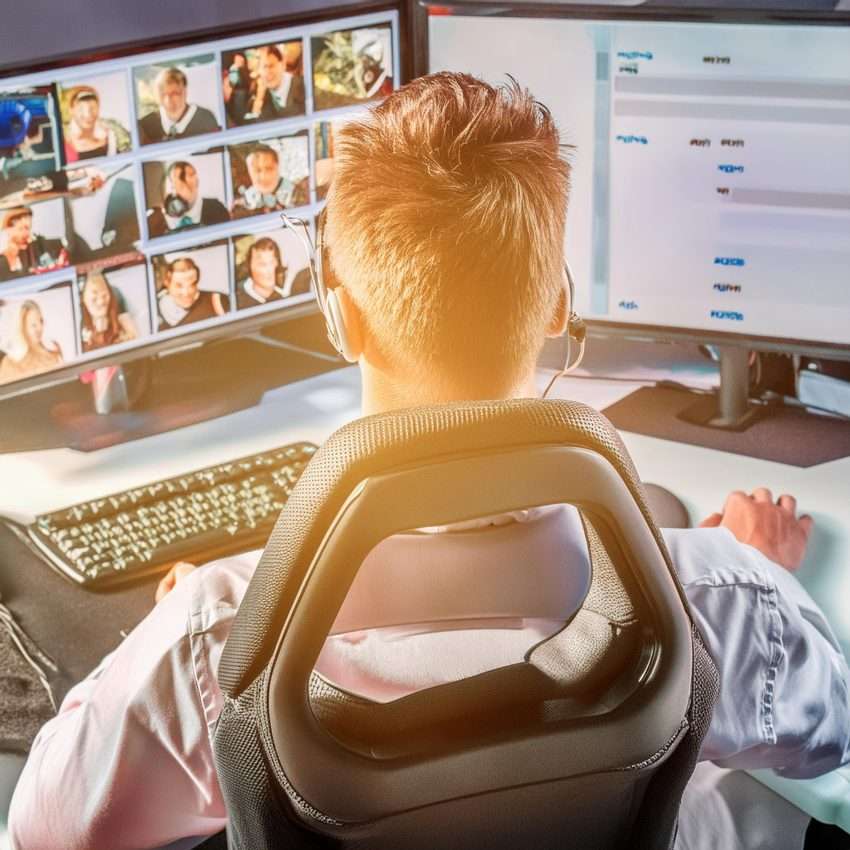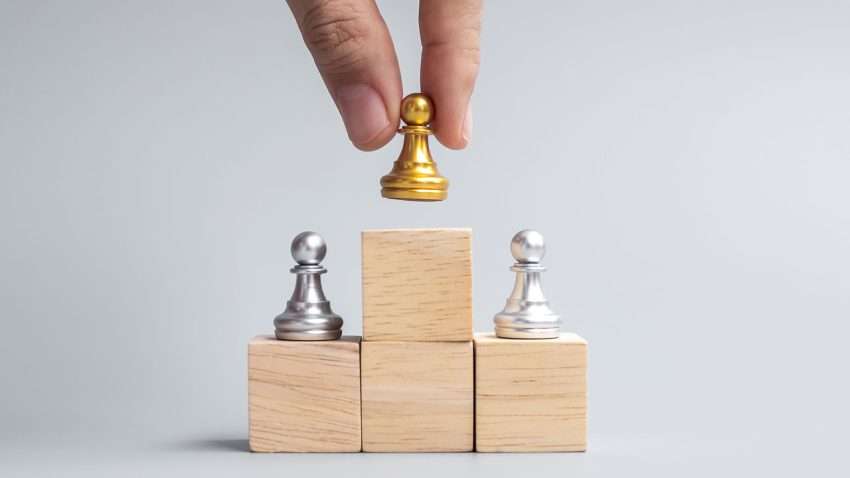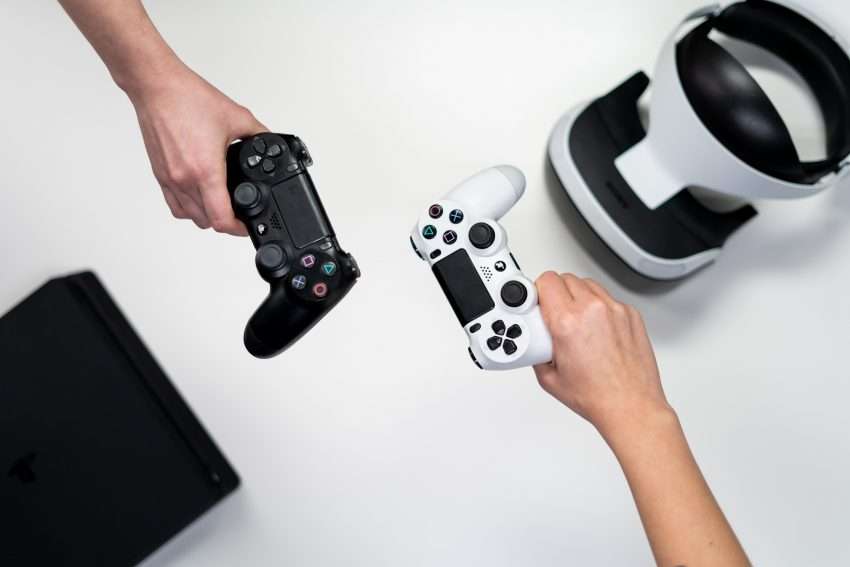Soft skills are personal attributes which enable effective individual interactions and, accordingly, enhance career prospects and job performance. Game-based learning products are especially suited to soft skills training because of the way soft skills are developed. Specifically, soft skills have to be practiced in order to be learned. In traditional instructor-led training, the instructor would have participants engage in role play and other activities so as to practice and learn soft skills. With the advent of online game-based learning, students are able to do the same in a virtual world unharnessed by physical limitations like a classroom.
In the context of a video game, game based learning refers to the combination of a video game, a story line and a simulator. The video game and the storyline make the course more engaging, and the simulator facilitates the interaction between the course and the student. Game-based learning ensures skills learning because students are able to put skills into practice and leaning from their own situations, decisions, and mistakes. Improving soft skills, like communicating skills is really hard to do by, or example, just reading a manual. Readers learn the techniques do not actually acquire the skill itself. In a game-based learning format students overcome different game levels and, through this process, the game ensures each level of delivered educational content is actually learned.
In short, the student learns the skill by practicing and improving, so at the end of the course he will be able to put the skill into practice in a real situation. Game based learning ensures not only skills learning but also build self confidence. During the game, which by its one-to-one nature is “safe”, a player understand how to use the skills and how to apply them in the different situations created by the simulator. By creating their own responses to the game, students acquire new knowledge in the same way that they would do in real world but in a safe and zero risk environment.





